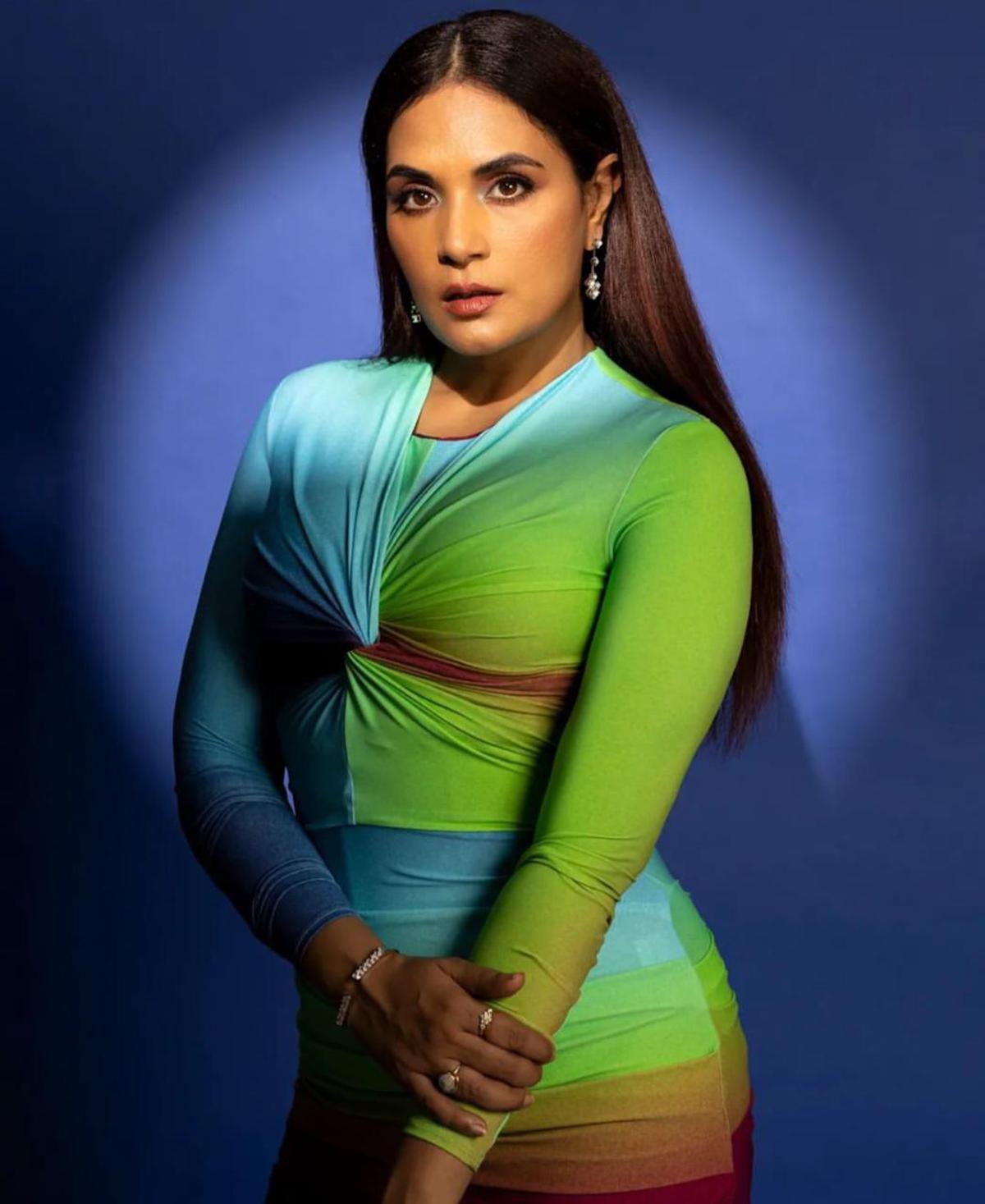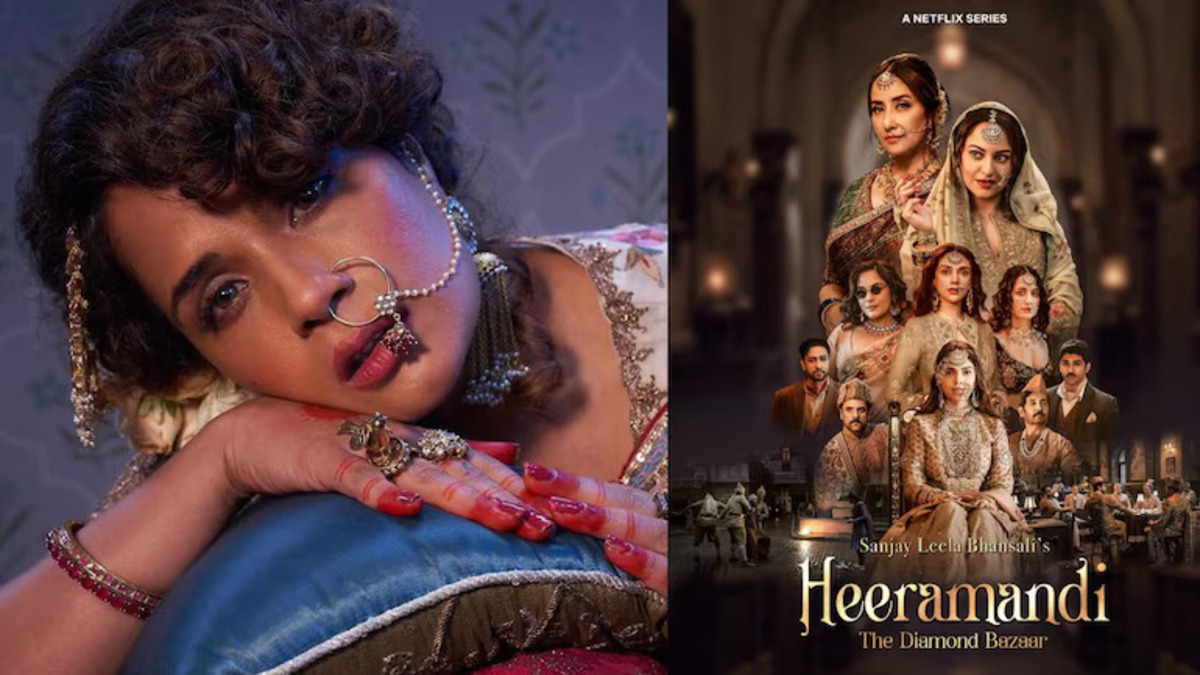Actress Richa Chadha Reveals Troubling Encounters in the Film Industry. In an exclusive interview with News18, acclaimed actress Richa Chadha candidly discusses her experiences with feminism and toxicity in the film industry.
Feminism and false pretences, Richa Chadha goes to depths…
Richa Chadha bravely addresses the issue of female producers who, despite projecting themselves as feminists on social media, fail to uphold these values in reality. She recounts instances where she encountered female producers whose actions contradicted their proclaimed beliefs, including bounced cheques and unprofessional conduct.

She talks about toxic competitiveness among Co-Actors
Additionally, Chadha sheds light on the toxic dynamics she has faced with certain co-actors, who engaged in competitive behaviour by sabotaging scenes and withholding support during performances.
Richa rejects the notion of Universal Virtue
She boldly challenges the stereotype of women as inherently virtuous beings, stating that her encounters have shown otherwise. Emphasizing the fact that while sisterhood can be a powerful force, it requires genuine effort and mutual understanding to cultivate and maintain.

Richa Chadha Shines in “Heeramandi”:
Amidst these revelations, Chadha’s recent portrayal of Lajjo, a captivating courtesan, in the web series “Heeramandi: The Diamond Bazaar” stands as a testament to her talent and versatility. Directed by acclaimed filmmaker Sanjay Leela Bhansali, the series delves into the complexities of love, power, revenge, and freedom against the backdrop of India’s struggle for independence in the 1940s.

A Stellar Cast and Compelling Narrative-“HeeraMandi”
Alongside Chadha, the series features an ensemble cast including Manisha Koirala, Aditi Rao Hydari, Sanjeeda Sheikh, and Sharmin Segal in pivotal roles, promising audiences an immersive and captivating viewing experience.
“Heeramandi” promises to unravel the intricacies of the eponymous diamond market through the lens of courtesans and their patrons, offering a nuanced exploration of cultural norms and societal dynamics.



